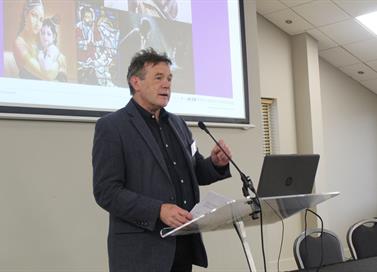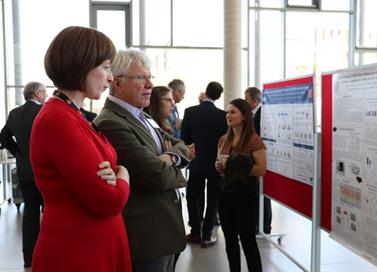Workforce
'We call on the next Welsh Government to ensure parity between Physical and Mental Health Services.'
We would like:
Most specialisms in psychiatry have consistently declined in number since 2009, and Wales is now below the OECD average number of psychiatrists per head. A crude calculation would suggest that Wales has 15.3 per 100,000 people compared to the UK average of 18 per 100,000.*
Training figures are promising, and Wales achieved a 100% fill rate into core training last year, but round 1 recruitment was still lower in Wales than the UK average. In the wake of COVID-19 and a no-deal Brexit, the Welsh Government need to ensure that the Welsh NHS has increased posts in specialist services and that those posts can be filled.
*Analysis of:
Stats Wales. 2020. Medical and Dental Staff by Specialty and Year.
OECD Stat. 2020. Health Care Resources: Physicians by Categories.
In Wales, there isn't currently a programme to grow the number of physician's associates working in mental health. In England, physicians associates are now supporting mental health services to attend to patients' physical needs, freeing up the time of consultants to focus on their specialism - mental illness.
The RCPsych supports the employing of physicians associates in mental health services. The Welsh Government need to ensure that there is an attractive pathway into mental health services for physicians associates in Wales, so no only do physicians associates choose to work in mental health, but they choose to work in Wales.
Opportunities
The College has also identified a number of projects and ideas that we would like the Welsh Government to consider in the context of mental health, as well as including here some recommendations as to how the Welsh Government could apply them.





